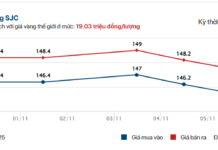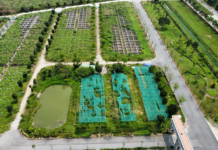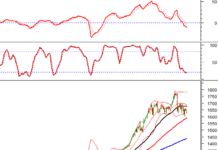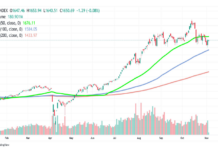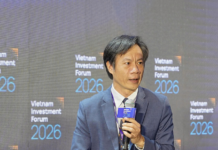On the afternoon of September 15th, as part of the Vietnam Private Economic Forum 2025, a thematic dialogue session titled “Science, Technology, and Innovation – The Driving Force for Advancement” took place.
The forum was chaired by the Vietnam Young Entrepreneurs Association, in collaboration with the Vietnam Association of Small and Medium Enterprises, under the guidance of the Central Committee of the Ho Chi Minh Communist Youth Union and the Central Committee of the Vietnam Youth Federation.
Attending the dialogue session were Mr. Hoang Binh Quan, former member of the Party Central Committee, former Head of the Central Committee for External Relations, and Honorary Chairman of the Vietnam Young Entrepreneurs Association; Ms. Nguyen Luu Tra My, Vice Chairman of the Vietnam Young Entrepreneurs Association; and Ms. Truong Ly Hoang Phi, Vice Chairman of the Ho Chi Minh City Young Entrepreneurs Association and CEO of IBP/InnoEx, who chaired the session.

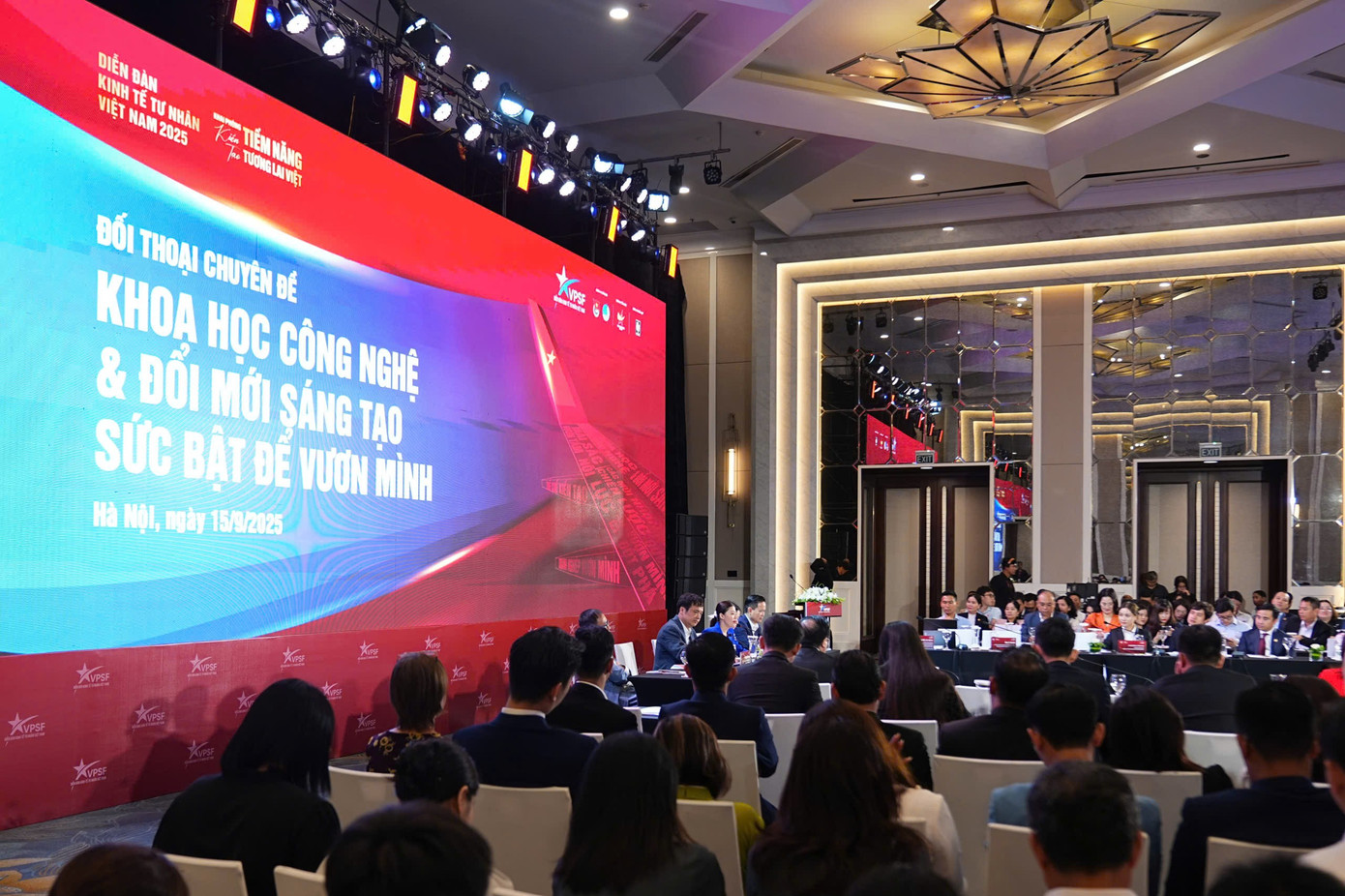
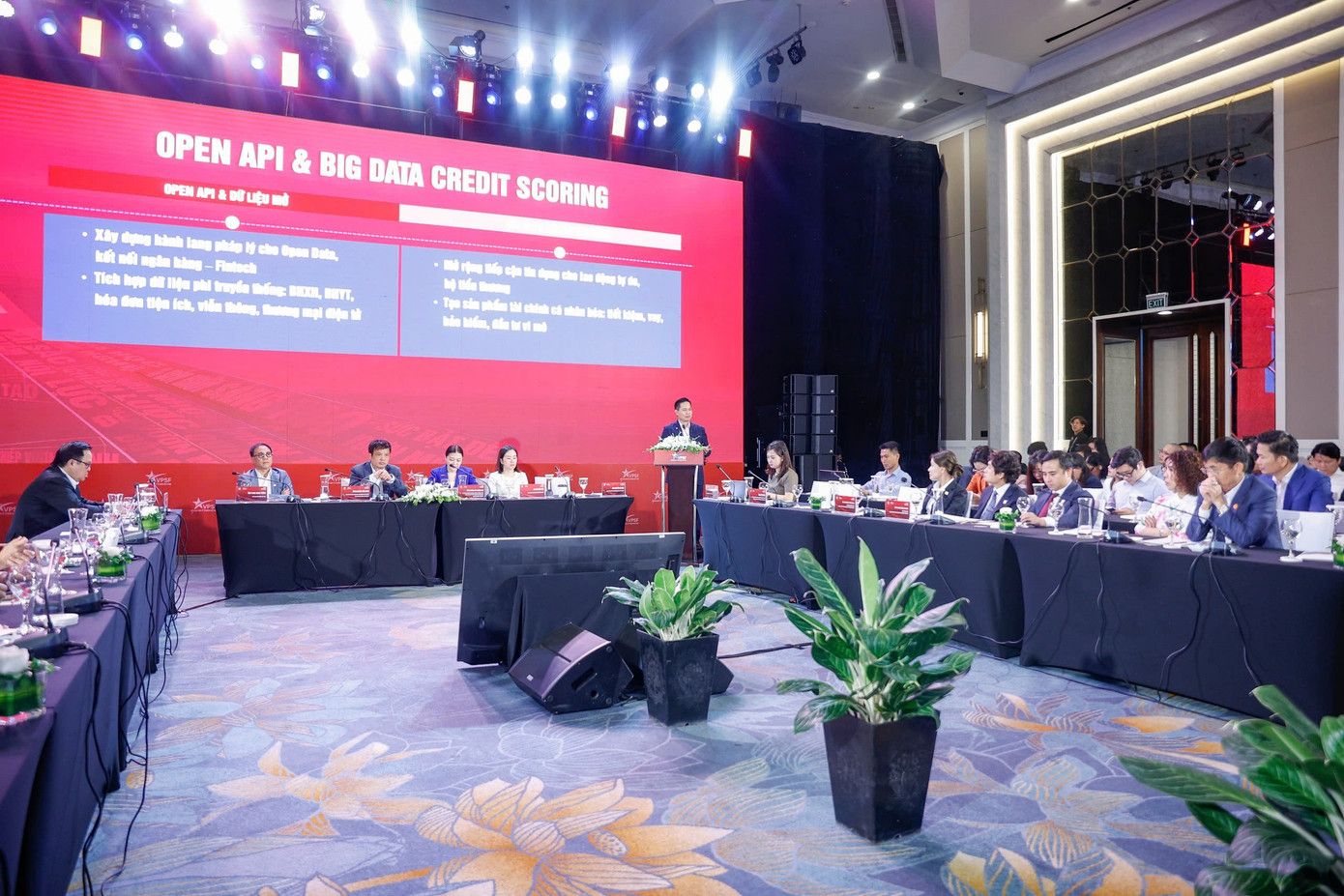
Overview of the dialogue session “Science, Technology, and Innovation – The Driving Force for Advancement”. Photo: Trong Quan
The $9 Billion Paradox: A Market Exists, but No National Champion
According to Ms. Bui Cam Van, Director of Corporate Governance at Buymed, data and technology are the new production materials of the era, determining competitiveness. If these resources are monopolized or fragmented, young and promising enterprises will struggle to break through.
Citing data from IQVIA, Ms. Bui Cam Van noted that in 2024, Vietnam’s pharmaceutical market reached nearly $9 billion, the second-largest in Southeast Asia. However, the combined size of Vietnam’s top 10 pharmaceutical companies is still smaller than Indonesia’s leading pharmaceutical company. The cause lies in fragmentation, lack of R&D (research and development), and protective thinking, which prevent the industry from creating large “flagship” companies. As a result, patients face high drug costs, and businesses remain dependent on foreign pharmaceuticals.
“To create a national champion, I believe it is necessary to provide equal access for private enterprises through open data and shared infrastructure. In pharmaceuticals, drug registration, traceability, and logistics data should be connected via APIs (application programming interfaces) to enable businesses to develop solutions,” said Ms. Van.
According to Ms. Van, there is a need to shift policy thinking from protection to creating incentives. The government should act as a fair referee, ensuring all businesses adhere to the same transparent standards. Additionally, Ms. Van believes that a strong pharmaceutical company cannot rely solely on short-term capital. “Therefore, we strongly support initiatives for a Private Economic Development Fund to create long-term domestic capital mechanisms, giving more Vietnamese businesses the opportunity to grow,” said Ms. Van.
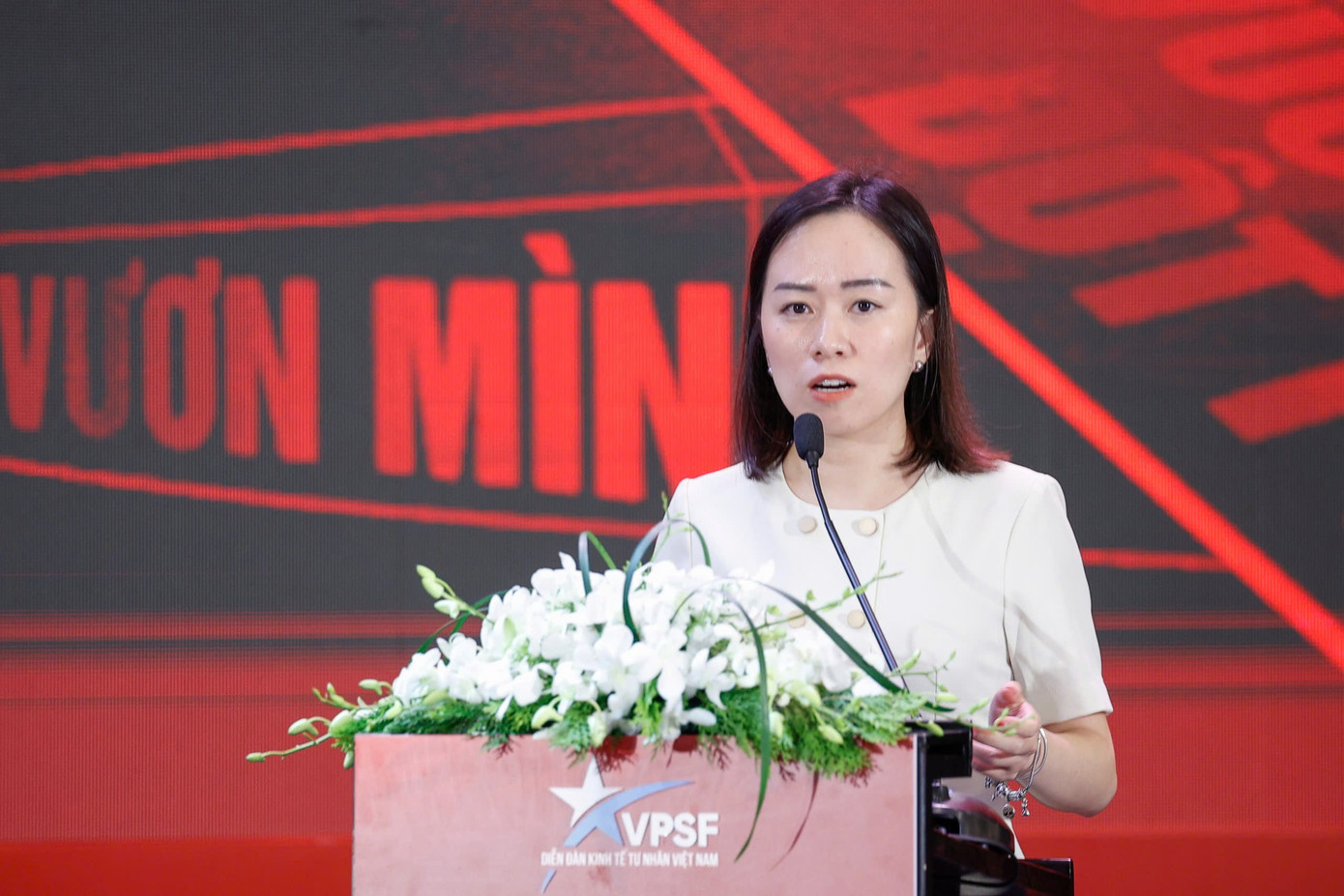
Ms. Bui Cam Van, Director of Corporate Governance at Buymed. Photo: Trong Quan
Making Technology the “Core” of Enterprises
Mr. Nguyen Van Khoa, Vice Chairman of the Vietnam Young Entrepreneurs Association and CEO of FPT Corp, believes that technology must become the “core” of an enterprise’s development strategy. However, achieving this requires strong government support, particularly in mechanisms and policies.
Many laws and resolutions have introduced a 200% tax deduction mechanism for R&D expenses when calculating corporate income tax. Nevertheless, enterprises still face challenges due to a lack of guidance and complex procedures. Therefore, Mr. Khoa urges the government to promptly issue detailed guidelines and streamline procedures to ensure private enterprises truly benefit and are motivated to invest long-term in innovation.
Furthermore, sectors like AI, semiconductors, and biotechnology require significant investment and long preparation times. If left to self-regulation, universities may hesitate to open new programs due to concerns about job market demand. Thus, the government should set targets for training strategic technology personnel in universities and colleges to fundamentally address the workforce challenge for businesses.
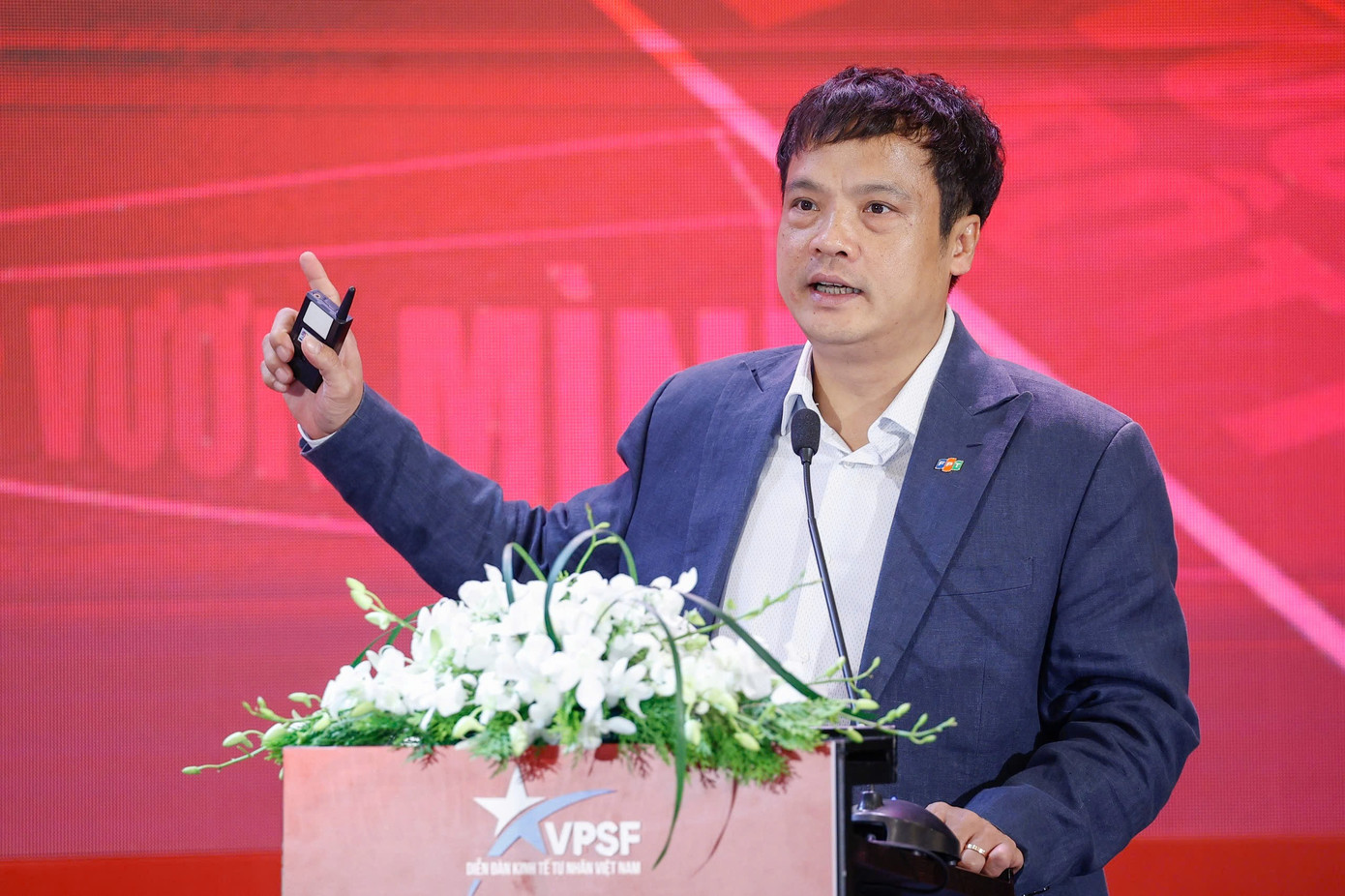
Mr. Nguyen Van Khoa, Vice Chairman of the Vietnam Young Entrepreneurs Association and CEO of FPT Corp, speaks at the discussion session. Photo: Trong Quan
Mr. Khoa believes the government should also introduce a GP (fund management) – LP (limited partnership) mechanism to unlock capital for technology. This is an international standard for venture capital funds with notable advantages such as ease of attracting foreign capital, familiarity with international investors, clear separation of responsibilities between fund managers and limited partners, and unlocking domestic private capital. It also encourages public-private co-investment, with the government participating as a limited partner to share risks.
Mr. Khoa stated that the young business community also hopes the revised Investment Law will boldly eliminate overlapping procedures and unnecessary business conditions. This would narrow the scope of investment approval procedures to only truly sensitive projects related to the environment, national defense, security, and resources. This is a significant expectation to liberate social resources and encourage private enterprises to invest more strongly in strategic technology sectors.
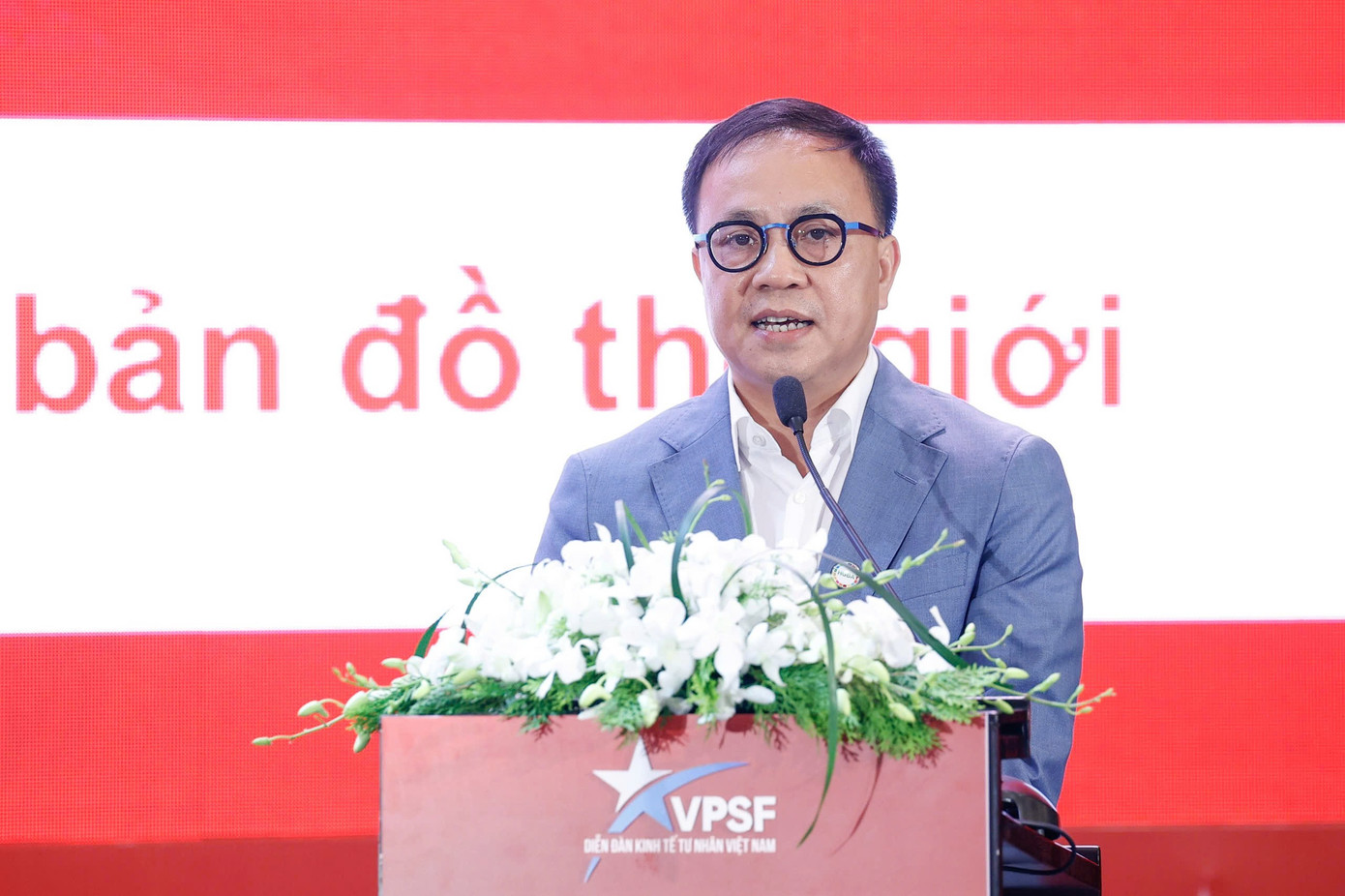
Mr. Phan Minh Thong, Chairman of the Board of Directors of Phuc Sinh Group. Photo: Trong Quan
Mr. Phan Minh Thong, Chairman of the Board of Directors of Phuc Sinh Group, noted that Vietnam is one of the world’s leading suppliers of agricultural products like tea, pepper, coffee, rice, cinnamon, and star anise. However, most private enterprises still focus on exporting raw materials at less-than-optimal prices.
Key barriers include limited international commercialization, few globally recognized Vietnamese brands, a lack of integrated value chains from farm to finished product, and a domestic market that does not fully absorb processed products, forcing the export of raw materials with low added value. Vietnamese businesses remain dependent on global prices, vulnerable to market fluctuations, while most value-added activities occur overseas.
Therefore, the Chairman of Phuc Sinh Group proposed investing in research and development infrastructure. Developing modern factories, research centers, and applying deep processing technologies will enhance the value of agricultural products.
“In particular, establishing a national commodity exchange will create a transparent platform for pricing and data, reducing dependence on international prices and increasing Vietnamese enterprises’ pricing power. The government should provide reasonable tax policies, streamline administrative procedures, and invest in logistics infrastructure to reduce costs and enhance competitiveness,” said Mr. Thong.

At the discussion session, Ms. Nguyen Ly Kieu Anh, Strategy Director of Meey Group, proposed that the government create conditions for businesses to responsibly and transparently raise capital from the community, providing leverage for business development while allowing the government to manage risks.
Co-creation by the Business Community
At the dialogue session, Ms. Truong Ly Hoang Phi, Vice Chairman of the Ho Chi Minh City Young Entrepreneurs Association and CEO of IBP/InnoEx, summarized the suggestions into a “5-pronged” solution package: institutions, capital, data, human resources, and integration.

Ms. Truong Ly Hoang Phi, Vice Chairman of the Ho Chi Minh City Young Entrepreneurs Association and CEO of IBP/InnoEx, chairs the discussion session. Photo: Trong Quan
In the 2024 Global Innovation Index (GII) rankings, Vietnam placed 44th out of 133 economies. A deeper analysis of the GII pillars reveals a notable aspect of Vietnam’s innovation capacity.
Specifically, Vietnam demonstrates outstanding performance in Innovation Outputs, ranking 36th, significantly higher than its 53rd ranking in Innovation Inputs. This gap indicates that Vietnam is generating more effective innovation outcomes relative to its investment, reflecting the strong intrinsic creativity of its people and businesses.
To enhance innovation capacity, it is essential to strengthen cooperation with global partners through cross-border R&D joint ventures, allowing Vietnamese enterprises to co-develop technologies with international corporations and research institutions. Establishing a fund co-sponsored by the government and global funds will support private enterprises in testing and commercializing products in foreign markets.
It is proposed to form privately led innovation centers, supported by the government, to create technology hubs using a PPP model: private enterprises take primary responsibility for investment and operation, while the government provides land, tax incentives, and legal sandbox mechanisms.
Additionally, a public-private data alliance should be established to share anonymized datasets on transportation, tourism, agriculture, and healthcare. A unified API licensing mechanism with micro-fees will provide a solid foundation for developing digital services and AI applications. Implementing a “reverse procurement” mechanism, where businesses identify needs and the government connects research institutions to address market issues, will ensure resources are focused on practical solutions.










